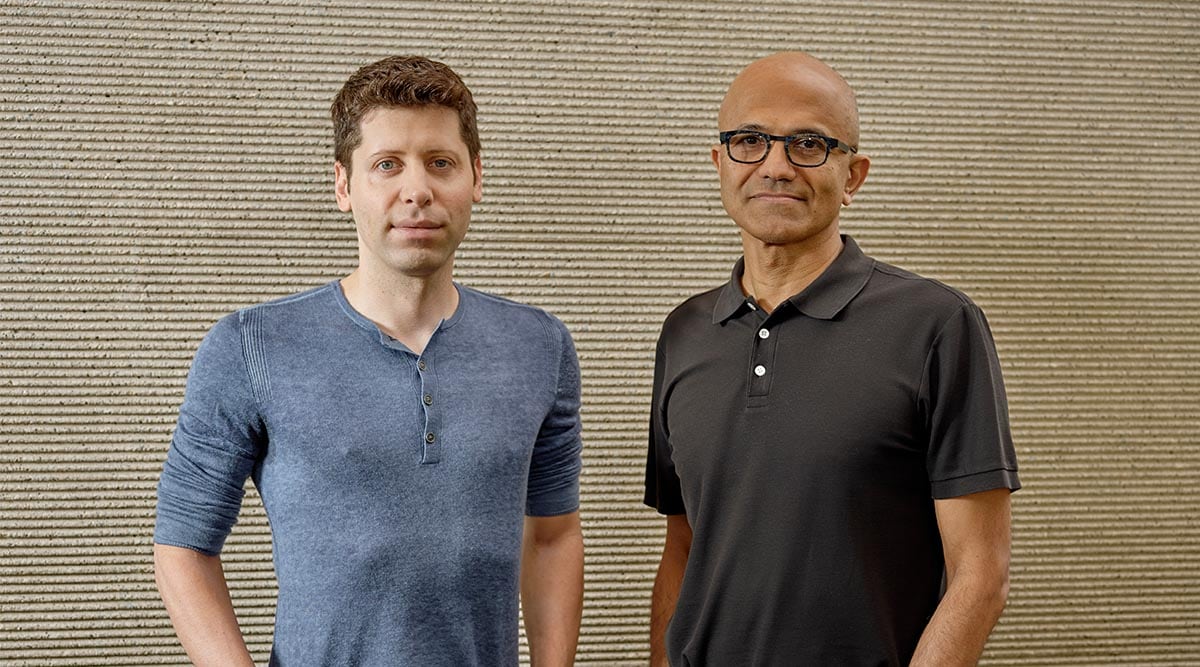
Microsoft confirmed its “multibillion-dollar” investment in OpenAI, the creator of ChatGPT, the viral chatbot. Read to know more.
Microsoft confirms early investment in ChatGPT creator

Tech giant Microsoft on Monday confirmed making “multibillion-dollar” investments in OpenAI. The company is behind the viral ChatGPT. The firm is an early investor and stated its interest in expanding the partnership aiming to add more AI to its existing products. “We formed our partnership with OpenAI around a shared ambition to responsibly advance cutting-edge AI research and democratize AI as a new technology platform,” stated Satya Nadella, the Microsoft CEO. In another blog post, OpenAI stated the multi-year investment is going towards the development of “AI that is increasingly safe, useful, and powerful”.
The partnership between the two firms has the potential of supercharging projects such as ChatGPT. The project made news and is capturing the attention and concerns of business leaders, tech enthusiasts, and academics for its ability to create long and thorough responses. Moreover, this can also help Microsoft in solidifying itself as the AI leader. This may lead to the incorporation of ChaptGPT features into classic applications such as Word, Outlook, and PowerPoint.
The future and AI
Ever since OpenAI provided public access to ChatGPT in November 2022, people are using it to write articles, lyrics, and even draft research abstracts. Some CEOs have reportedly used it for emails and accounting work. OpenAI is also the creator of DALL-E, a platform that generates images as a response to prompts. While the platform is gaining traction, it is also raising concerns due to the possibility of misinformation and cheating in academic settings. “OpenAI is looking to monetize their systems, considering the huge compute costs of creating these models. Their partnership with Microsoft can be an easy way to do so,” stated David Lobina. Lobina is an artificial intelligence analyst at ABI Research.
